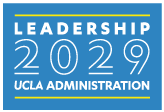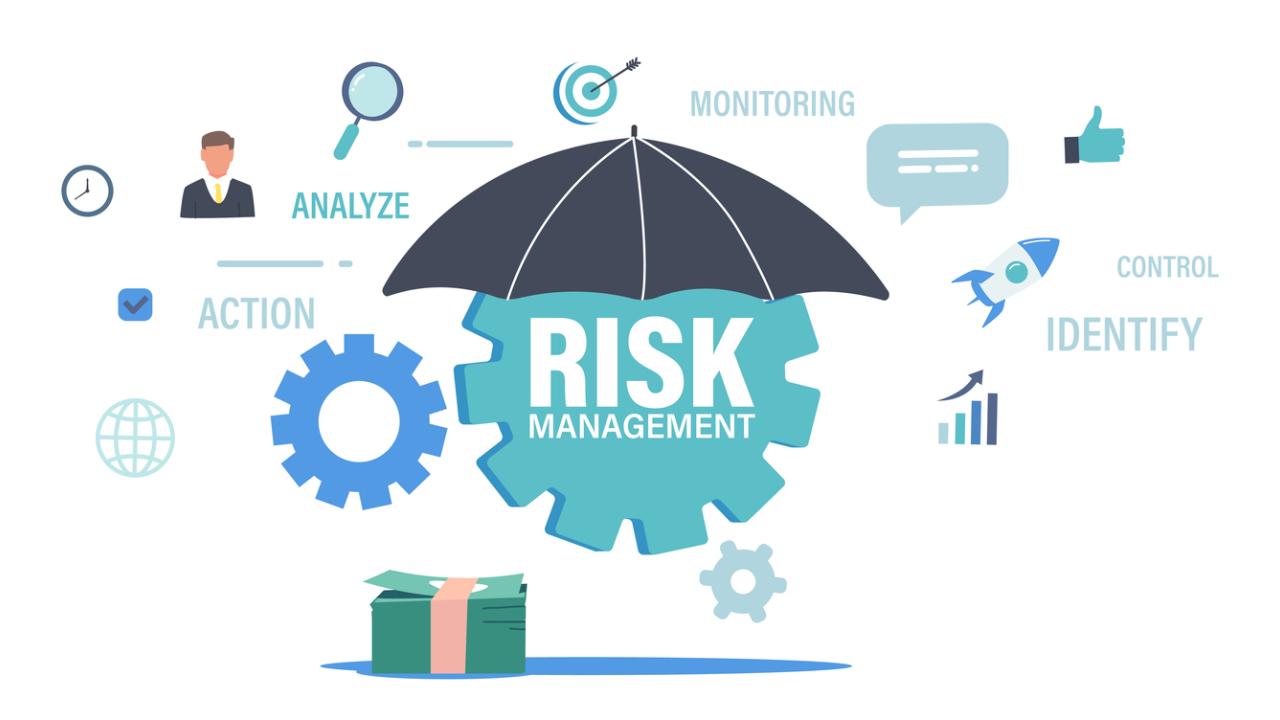Management Topic: Accountability & Risk Management
Dear Colleagues,
All organizations risk experiencing losses at the hands of those with ill-intent or personal gain in mind. Recently, universities across the nation have made headlines in these situations. Unfortunately, UCLA is no exception. We would like to remind management of best practices for ensuring that UCLA’s community members—at all levels of the organization—have the knowledge, guidance, resources, and access to ensure they are responsible stewards to the public we serve.
Community Guidelines
The university has numerous policies governing the conduct and actions of community members, including:
- Regents Policy 1111: Policy on Statements of Ethical Values and Standards of Ethical Conduct
- UCLA’s Principles of Community
- UCLA True Bruin Values
- Conflict of Interest Policy
- UCLA Policy 360: Internal Control Guidelines for Campus Departments
- UCLA Procedure 360.1 Misappropriation of University Assets by University Academic, Staff and Student Employees
- UCLA’s Business & Financial Services “BFS” provides resources regarding Controls & Accountability accessible to all employees.
- Please review Audit & Advisory Service’s Policies & Handbooks page for additional information.
As managers, it is your responsibility to ensure staff comprehend and abide by these policies. If questions arise, team members should know where they can seek answers. It is strongly recommended that you review policies applicable to your staff at least annually. Most importantly, you are entrusted with holding yourself and staff accountable.
Management's Role & Establishing an Effective Control Environment
Although it is important for team members to be aware of policies and expectations, it’s likewise important that management lead by example, demonstrating integrity in all dealings, embodying the True Bruin Values, and fostering a work environment committed to the highest ethical standards and accountability. Your leadership sets the tone for the work environment and others will follow suit.
Management must review all aspects of the workplace and identify potential risks. Further, "just as managers are primarily responsible for identifying financial and compliance risks for their operations, they also have line responsibility for designing, implementing and monitoring their internal control system." (UCLA BFS, “Ways to Reduce Risk”) Managers should focus their efforts on monitoring areas of high-risk and conduct random and periodic check-ins and reconciliations, to ensure established controls are operating as created and that updates are provided as appropriate. The following actions are strongly recommended:
- Hire in accordance with best practices
- Reference checks should be completed via the following methods prior to making an offer of employment:
- Review current or former UC employees' personnel files as part of a reference check.
- Conduct a reference check via SkillSurvey. SkillSurvey provides electronic reference checks for campus staff recruitments, allowing for fast, relevant, and predictive insights about a candidate’s past performance. You can learn more about SkillSurvey via this demonstration and FAQs page.
- Background checks should be completed for those being hired into critical (or otherwise designated) positions, and also when transferring, promoting, or reclassifying current employees into such positions.
- Reference checks should be completed via the following methods prior to making an offer of employment:
- Provide written procedures
- Ensure that staff have the guidance, training, and understanding needed to successfully fulfill their roles, while also adhering to established workplace protections. This includes communicating expectations, reviewing policies regularly, and providing training as changes are made. All staff should also complete the General Compliance Briefing: University of California Ethical Values and Conduct course via LMS.
- Define limits of responsibility
- Employee responsibilities, limits to authority, performance standards, control procedures and reporting relationships should be clear. Make sure that employees are well acquainted with the university’s policies and procedures that pertain to their job responsibilities. (UCLA BFS, “How to Establish an Effective Control Environment")
- Establish checks and balances and ensure segregation of duties
- Ensure staff members are not in a position to process their own transactions, reimbursements, etc. Secondary or back up processors or approvers should be designated. Segregating duties ensures that no singular person is provided too much responsibility and/or access, and dispersing critical functions reduces risk. All transactions above a certain monetary amount require approval/authorization in accordance with university policies and departmental procedures. More information can be found in UCLA Procedure 360.0 Attachment A: Guidelines for Application of Internal Control Principles.
- Ensure staff have access limited to only what is appropriate and necessary for them to successfully perform their job duties.
- Monitor high risk areas
- Certain transactions and aspects of the work we do is high-risk. Examples include: confidential information, equipment (especially those moved off location), payments to non-vendors, payroll, petty cash, addressing software licensing issues, and travel expenditures. Managers should implement safeguards and prioritize audits and reconciliations in these areas.
- Openly discuss ethical situations to establish a learning environment
- Unusual or extraordinary situations will inevitably arise and are excellent learning opportunities to share new information with those who could benefit. In addition, if incidents of non-compliance occur, departments should take this learning opportunity to remind staff of expectations and policies to prevent future incidents.
- Provide adequate training and resources when questions arise, including where to immediately report incidents of non-compliance
- Make swift adjustments and corrections in accordance with Audit & Advisory Services’ recommendations
- Investigate and address non-compliance promptly and report to campus partners as appropriate
- Campus partners include:
- Remind staff that protections from retaliation are in place.
Follow Up & Important Considerations
- Remind staff of the motto “if you see something, say something,” and as Los Angeles County District Attorney George Gascon stated, “public employees have a financial responsibility to the people they serve.”
- Remember that successful workplace relationships require trust and employees should be given the benefit of the doubt that they are acting as competent financial stewards of the university unless evidence is provided demonstrating otherwise. Management must strike a balance between trusting their staff to do the right thing and acting in accordance with policies, procedures and training, while also performing their due diligence and ensuring the protection of the institution.
Helpful Websites and Articles to Learn More About This Topic
- Reread the January 2021 MMT: Creating a Culture of Support and Accountability
- How to Make Accountability a Core Part of Your Workplace Culture (article)
- Review BFS’ UCLA Financial Policy page
Scenario for Discussion:
One of your employees discloses an ownership interest in a company your department is proposing to conduct business with on behalf of the university. You suspect this may be an issue under the Conflict of Interest Policy but are not sure who to speak with and/or report the potential conflict of interest. You are also unclear on next steps. Who can you speak with regarding your questions and concerns? What are your next steps with the employee who self-disclosed the business relationship?
*Recommendations for how to best address this scenario will be provided in next month’s newsletter!
Recommendations for how to address March’s Scenario can be found here.
Interested in reviewing prior months’ topics? Visit our Monthly Management Tips website.
Stay Safe!

Do you have feedback, questions or a suggested topic you would like to learn more about? Please email: managementtips@ucla.edu.
Want to receive Monthly Management Tips emails? Sign up for our list!

